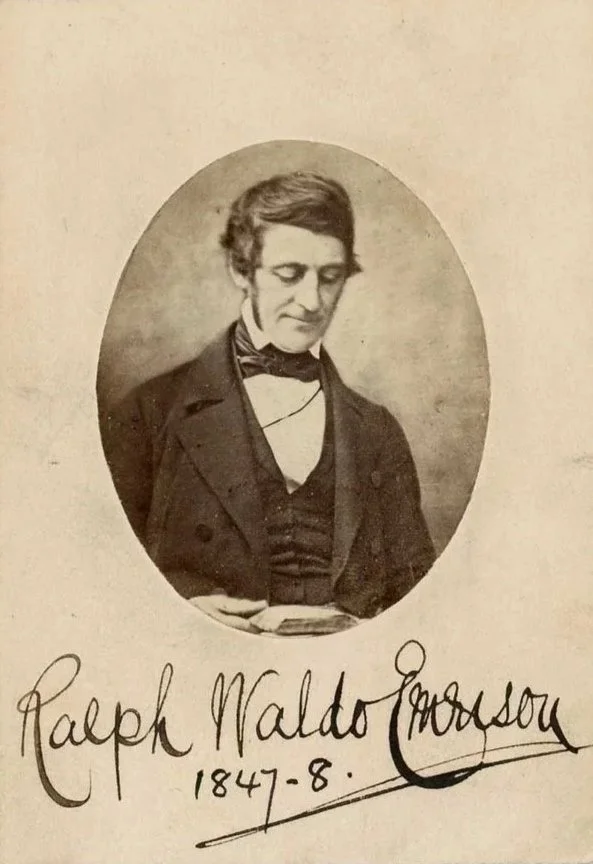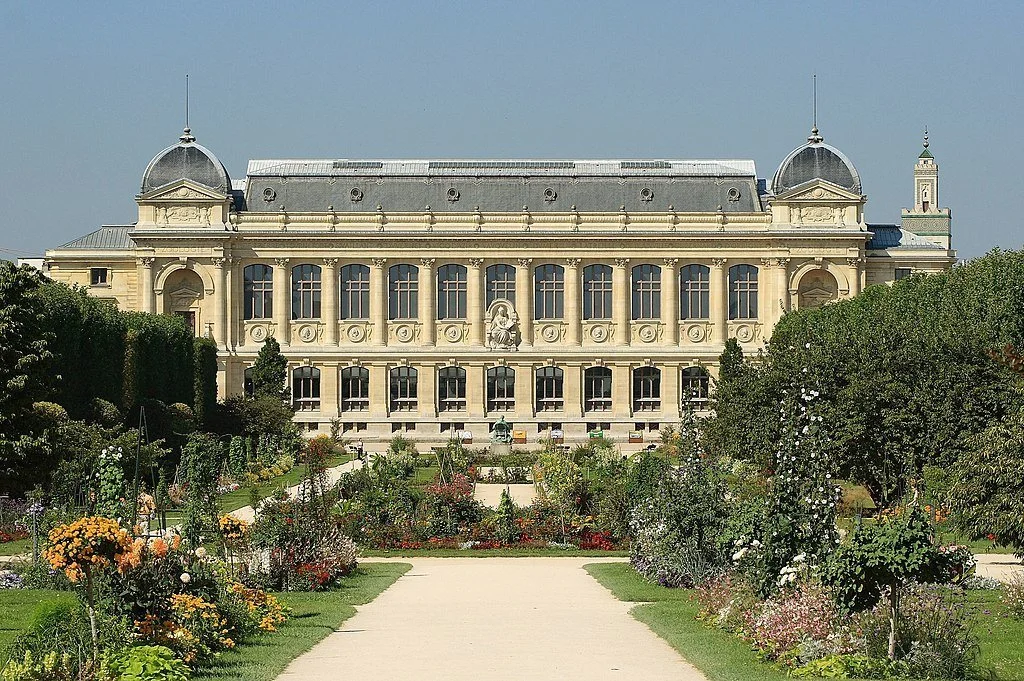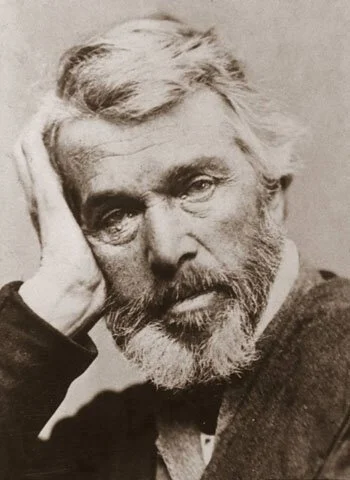
The Lyceum
A gathering place for engaging Emersonian content to educate & entertain.
An Early Emerson
Sharing news of an exciting new addition to the Emerson Holdings in the William Munroe Special Collections at the Concord Free Public Library, which recently acquired a rare and previously unknown photograph of Ralph Waldo Emerson. The carte-de-visite portrait, from an original daguerrotype taken circa 1848, is believed to be among the earliest images of Emerson.
Diamond
The history and provenance of Diamond the rocking horse, a beloved family artifact in the Emerson House nursery. Already an antique when Lidian Jackson bought it in 1825, Diamond took a circuitous route to Concord, its story touching on themes of childhood, illness, family, and domesticity—and involving two dramatic incidents at sea.
Emerson’s First Journey to Europe
On Christmas Day of 1832, Emerson sailed for Europe for the first time. He’d recently resigned as pastor of the Second Church in Boston and was still mourning the loss of his first wife, Ellen. In Europe, he hoped to find relief from an illness and to meet with writers he viewed as kindred spirits. He spent several months in Italy, was profoundly affected by the Jardin des Plantes in Paris, and met the writers Samuel Taylor Coleridge, William Wordsworth, and Thomas Carlyle, the last of whom became a lifelong friend.
December Was an Eventful Month for Mr. Emerson
In the 19th century as it is today, December was a time of celebrations and gatherings. For Ralph Waldo Emerson, it was also a month when he experienced many life changes.
Mr. Emerson Speaks
Starting in 1833, Ralph Waldo Emerson earned his living by lecturing across the country, and eventually in Europe as well. Leveraging a rising enthusiasm for the lyceum movement, he spoke to audiences on a broad range of topics and maintained a rigorous schedule of speaking engagements.
Thomas Carlyle in England
In October 1847, Emerson embarked on an eight-month European lecture tour. While in England, he reconnected with his friend Thomas Carlyle, a Scottish writer and philosopher whom he’d first met 14 years earlier. While the two men didn’t always agree, they maintained a lifelong friendship and correspondence.






